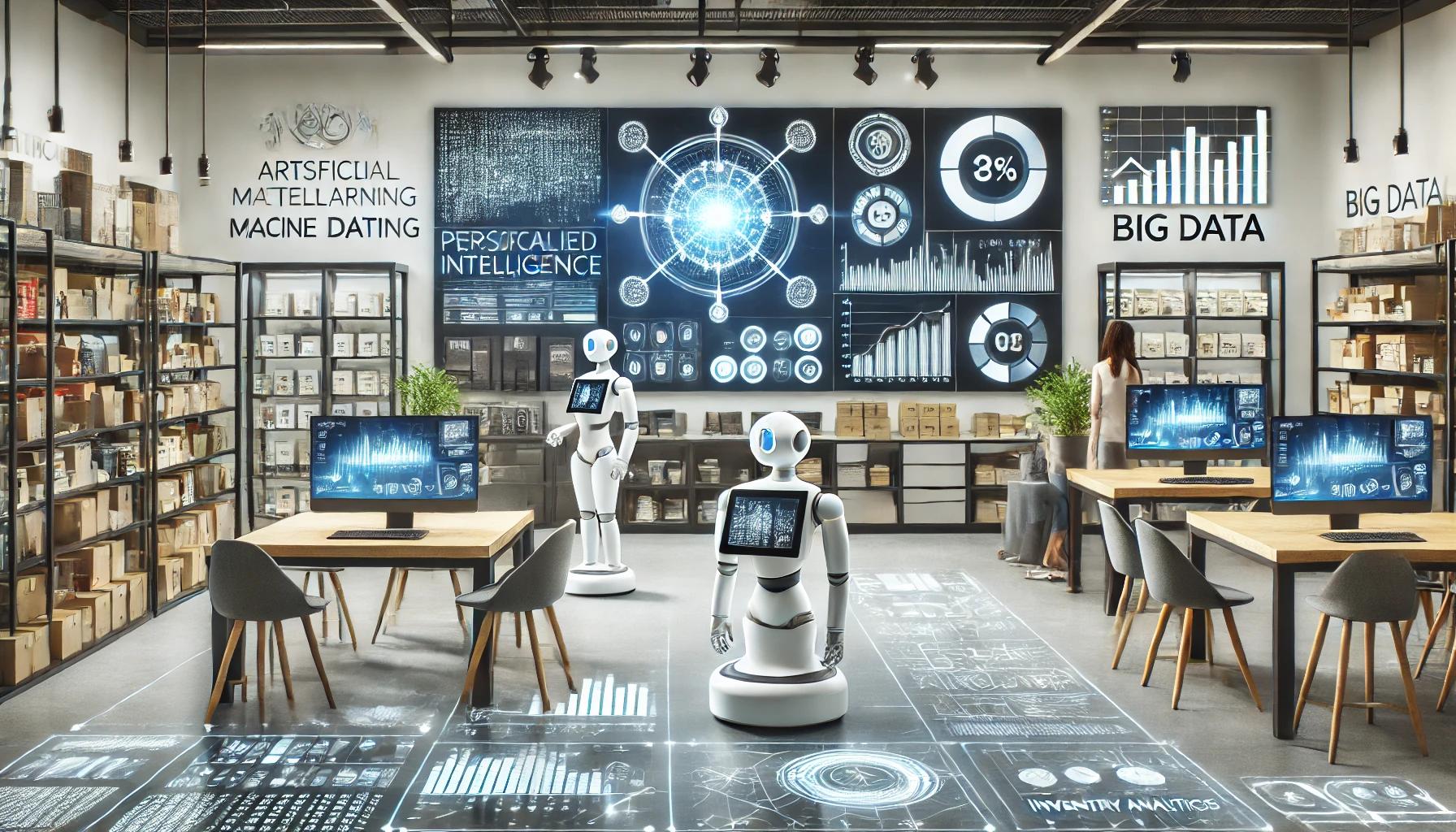The Importance of Analytics in Modern Business: How Data Analysis Helps Develop Trade
Data analytics in modern business has become one of the key tools for decision-making, improving efficiency, and driving profitability. In a highly competitive environment where businesses must adapt to rapidly changing markets, using data to enhance strategies and operations is not just an advantage but a necessity. In this article, we will explore how data analytics helps develop trade and why its importance for modern business cannot be overstated.
What is Business Analytics?
Business analytics (BA) involves using data to create reports, forecasts, and recommendations for improving operations and business processes. This includes data collection, processing, and subsequent use to develop strategies and make decisions. Modern technologies like machine learning, artificial intelligence (AI), and big data enable businesses to not only record past performance but also predict the future, providing a strategic advantage.
The Importance of Analytics in Trade
Trade is one of the most dynamic and complex areas of business, where proper use of analytics can be the key to success. Here are several reasons why analytics is so crucial for trade:
Inventory and Supply Chain Optimization
Data analysis enables companies to better manage inventories, optimize supply chain processes, and avoid both product shortages and surpluses. Inventory management systems based on analytics help reduce costs and increase profits by more accurately forecasting demand.Personalizing the Customer Experience
In today's world, customers expect a personalized approach. Data analytics helps businesses create customized offers based on customer behavior and preferences. This, in turn, leads to increased customer loyalty and higher average order values.Sales and Trend Forecasting
With analytics, businesses can predict future consumer behavior, allowing them to respond quickly to market changes. For example, machine learning systems can analyze vast amounts of data and make accurate forecasts about product demand in different regions.Analyzing Marketing Campaign Effectiveness
Analytics plays a crucial role in evaluating the effectiveness of marketing efforts. Companies can measure ROI from various promotional channels, identify the most effective strategies, and optimize advertising budgets based on data. This helps focus efforts on the most productive areas and minimize inefficient spending.Reducing Operational Costs
In a competitive environment, companies aim to minimize costs at all levels. Analytics helps identify bottlenecks and optimize processes to reduce operational expenses. This may include improving logistics, automating processes, or implementing more efficient resource management systems.
Notable Examples of Analytics Usage
One of the most striking examples of successful analytics use is Amazon, which actively uses data for personalized offers and logistics optimization. As early as 2017, Amazon introduced the concept of "anticipatory" shipping, where the system predicts future customer orders based on purchasing data, significantly reducing delivery times.
Another example is the supermarket chain Walmart, which uses analytical systems to forecast product demand and optimize inventories based on weather conditions and seasonality. This has helped the company reduce operational costs and improve customer satisfaction.
Conclusion
The use of analytics in modern business is more than just a trend. It is a tool that helps companies stay competitive and make informed decisions based on data. Trade, as one of the most dynamic and complex industries, especially benefits from implementing analytics. Whether it’s demand forecasting, personalized marketing, or supply chain optimization, data allows companies to not only improve their operations but also ensure long-term growth.
Sources:
- McKinsey & Company. "Supply Chain Management: How to Implement Data-Driven Solutions". 2023.
- Harvard Business Review. "Why Personalized Marketing Is Key to Winning the Retail Battle". 2022.
- Deloitte Insights. "Data Analytics in Retail: Driving Growth and Innovation". 2021.
- Forbes. "How Data Analytics is Reshaping Marketing Campaigns". 2020.
- PwC Global. "Cost Optimization: The Role of Analytics in Driving Efficiency". 2022.
- CNBC. "How Amazon Uses Data to Revolutionize Retail". 2017.
- Wall Street Journal. "Walmart's Data-Driven Supply Chain Success". 2019.

